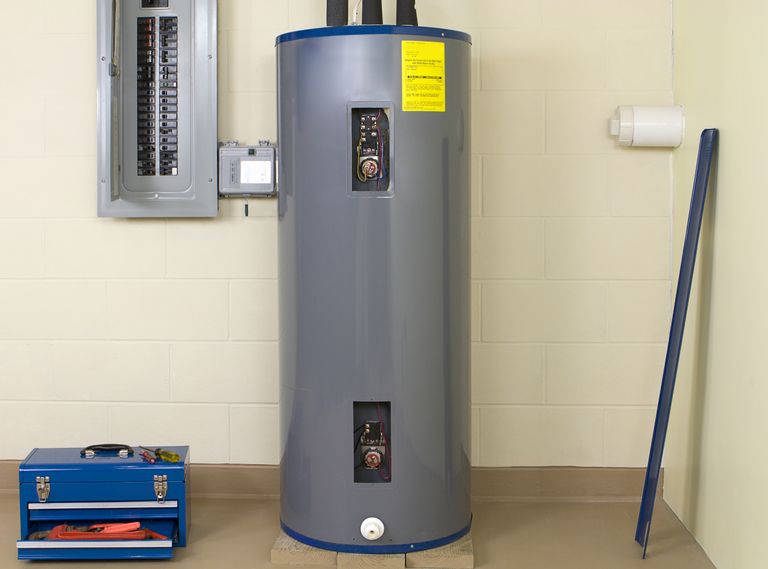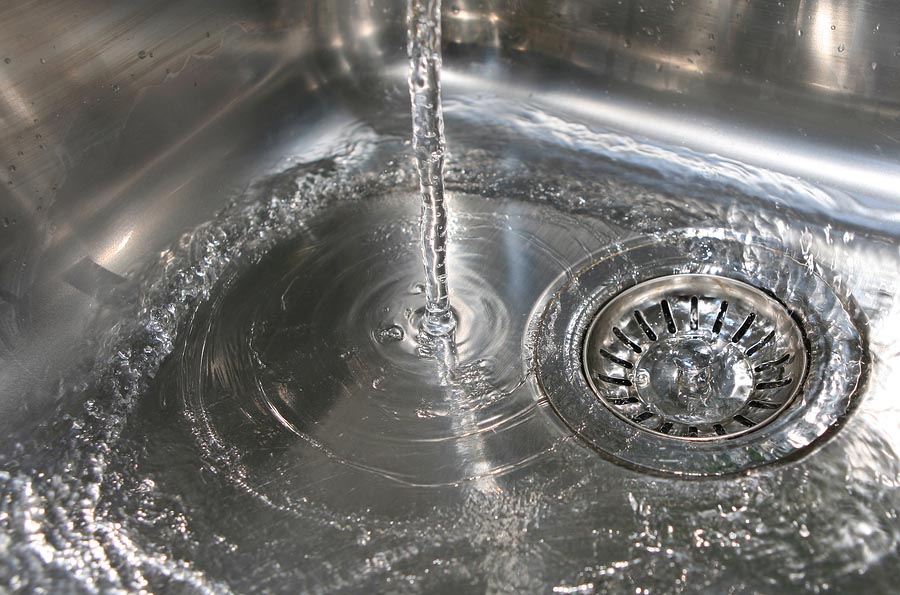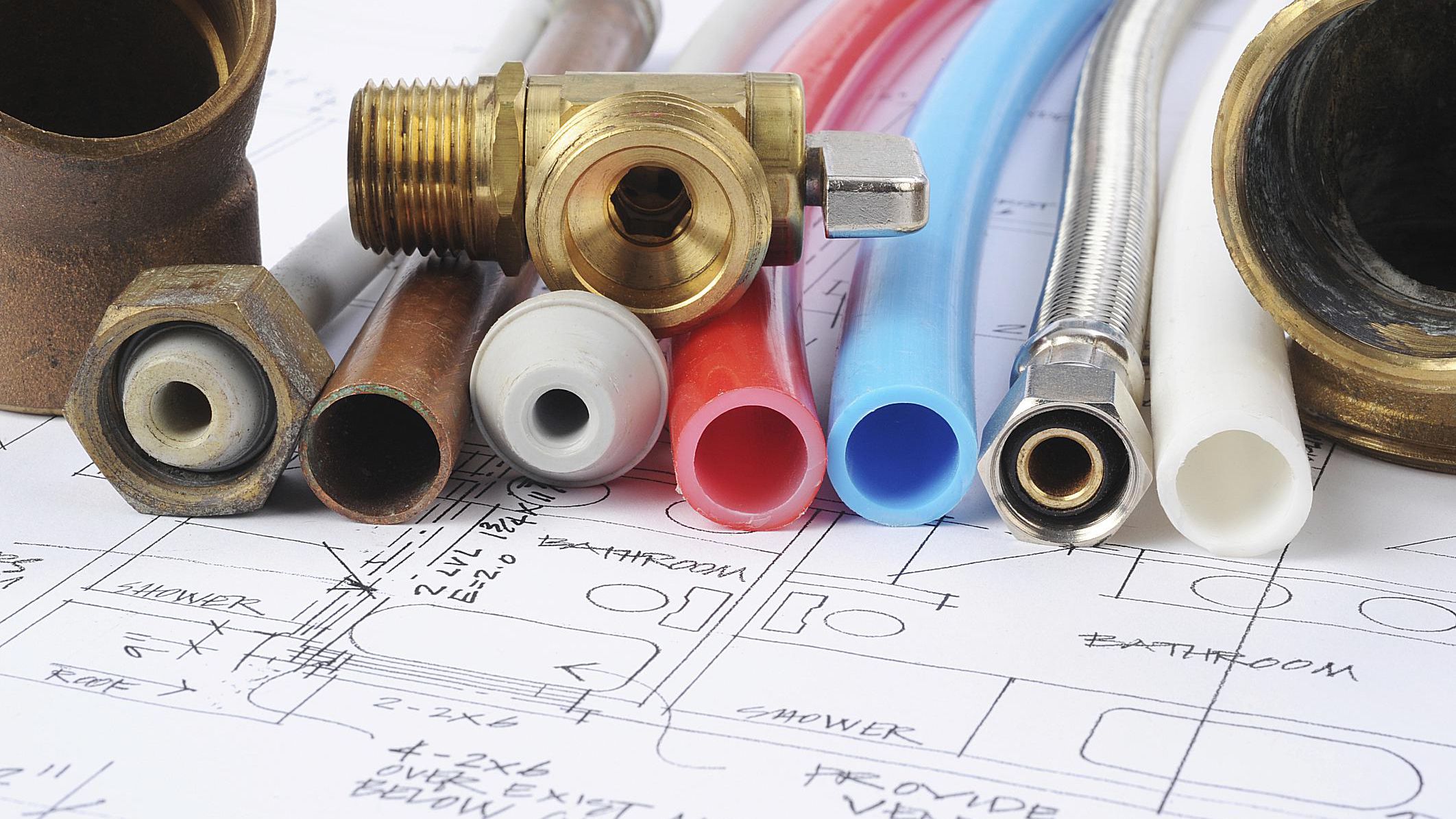The importance of having a constant and ready supply of hot water is not a luxury, rather, a critical component for our every day lives. This is why an efficient hot water tank is so important. Without it, mundane tasks like washing dishes or enjoying a relaxing hot shower become difficult. Unfortunately, most homeowners and building operators pay these appliances no attention until they require repair or replacement. Have you ever been stuck boiling water just to enjoy a bath?
What is a Hot Water Tank?
A hot water storage tank (also known as a hot water heater) is exactly as it sounds—the primary appliance responsible for heating and retaining water for various household and building requirements. Because of its high heat capacity, water is such a convenient heat storage medium.
It’s methodology for heating water is simple: it brings cold water in from municipal water supply, and heats it using electric heating elements. The hot water then rises up the tank and travels throughout the house from the heat-out pipe. This simple process provides us with a great level of comfort in our every day lives.
There are five key types of water heaters:
- Conventional Storage Water Heater Tanks. This holds water to be heated, meaning the capacity of your tank determines the availability of hot water at once. There are two primary valves ensuring it’s function: the pressure and temperature control valve. This is the most common type of water heater and can be found in family homes. The downside with this device is that if you utilize an excessive amount of hot water in a single day without allowing your water tank the ample time needed to heat up the water—you’ll run out and must wait.
- Tank-less (On-Demand) Water Heater. This technology has become more prominent in recent years. Simply put, it has no tank. It leverages the power of super-heated coils which fill and heat water instantly on demand. This provide you with hot water fast, even in large homes with a high demand. Much like its conventional storage counterpart, these water heaters rely on natural gas to power them, and sometimes require a larger gas line and a higher electrical capacity to run as intended with larger systems.
- Hybrid Water Heaters (Heat Pumps). This system provides tremendous savings on utility bills since it doesn’t generate heat directly. It uses heat derived from the air and ground to function. The challenge with this device is it requires sometimes up to 8′ or vertical clearance since it’s so large. The upside is that it uses up to 60% less electricity.
- Solar Powered Water Heaters. Energy is dawn from the sun to power the tank and heat the water. If you already have solar panels installed, this is a great solution for you. This is the most energy-efficient approach. This system is still considered hyrbid; where it relies on the sun to draw power, they are likely tied into natural gas or electricity so it can continue to operate during overcast days.
- Condensing Water Heaters. For a home which primarily uses natural gas as it’s energy source, this is a great option. Heated exhaust from gas is funneled and held in a tank similar to that of a conventional heater. The exhaust travel through a coil at the bottom to heat the water. This results in less energy used, but still requires a large enough unit accommodate your household needs.
How Long Will My Water Heater Last?
Equipment lifespan typically varies by type and model, but most range between 10-20 years. An inspection typically helps determine the best timeline and replacement option for your particular needs. You’ll begin to notice your water tank becomes operational or requires consistent repair, which usually indicates it’s time is up.
Below are examples of what to look for when considering replacing your hot water tank:
- The system is outdated.
- You notice a change in color of your water supply.
- You hear sounds coming from your tank, such as popping or gurgling.
- The tank is leaking or water pools at the base.
- The hot water goes out intermittently.
If you notice any of these systems above, the best option is to book an inspection immediately.
What Should I Look For In a New Hot Water Tank?
- Payment Plans. For those who can’t afford a replacement right away, in most cases rental units at fixed rate is the best option.
- Warranties. Popular brands usually come with a warranty of some sort. Plumbing companies like Coldstream also offer extended warranties to extend the coverage of your purchase.
- Type of Drain Valves. Plastic is less reactive, and brass is much more durable but isn’t affected by temperature.
- Digital Displays. This makes it much more convenient for the DIYers who wish to take on the task of troubleshooting the units themselves. You can also adjust the output of your heater, the temperature of the hot water, and your homes occupiable hours to reduce cost.
- Capacity. This is one of the more important decisions, as the size determines the availability of water to meet demands. If your home has 3-4 people, a 40-gallon tank works best.





